Comprehensive Health Screening & Early Detection
Check-Up Packages
Comprehensive Health Screening & Early Detection
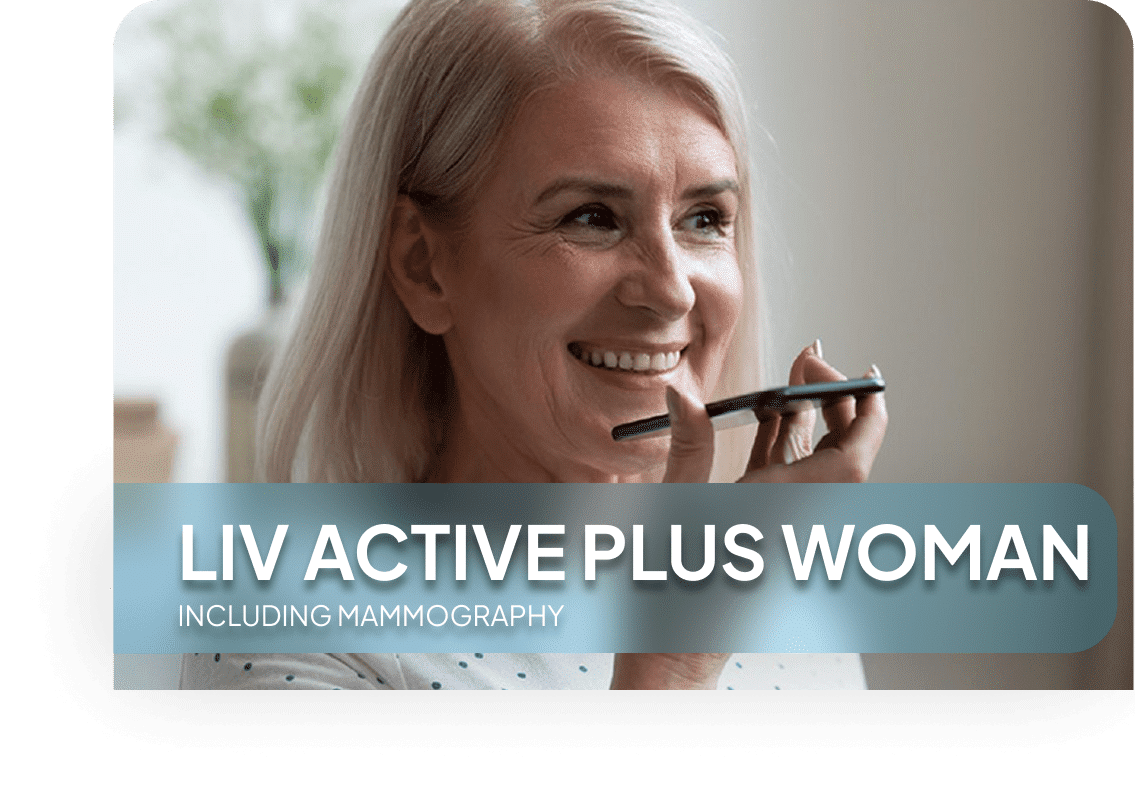
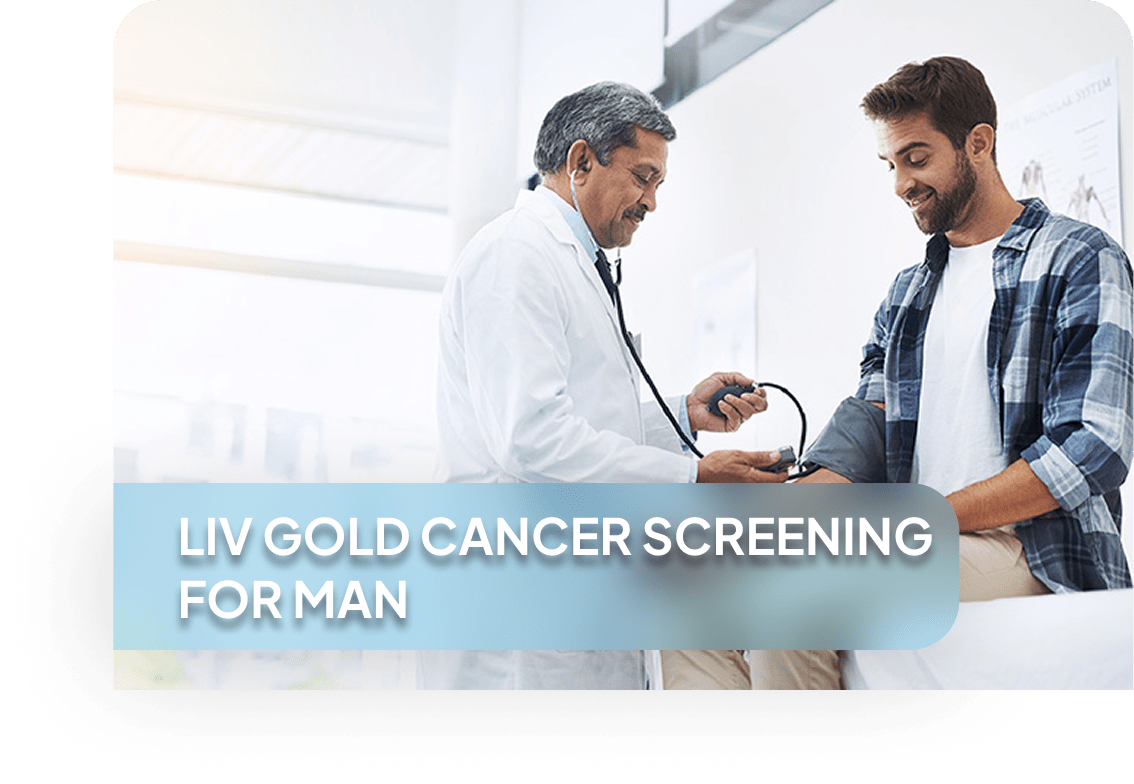




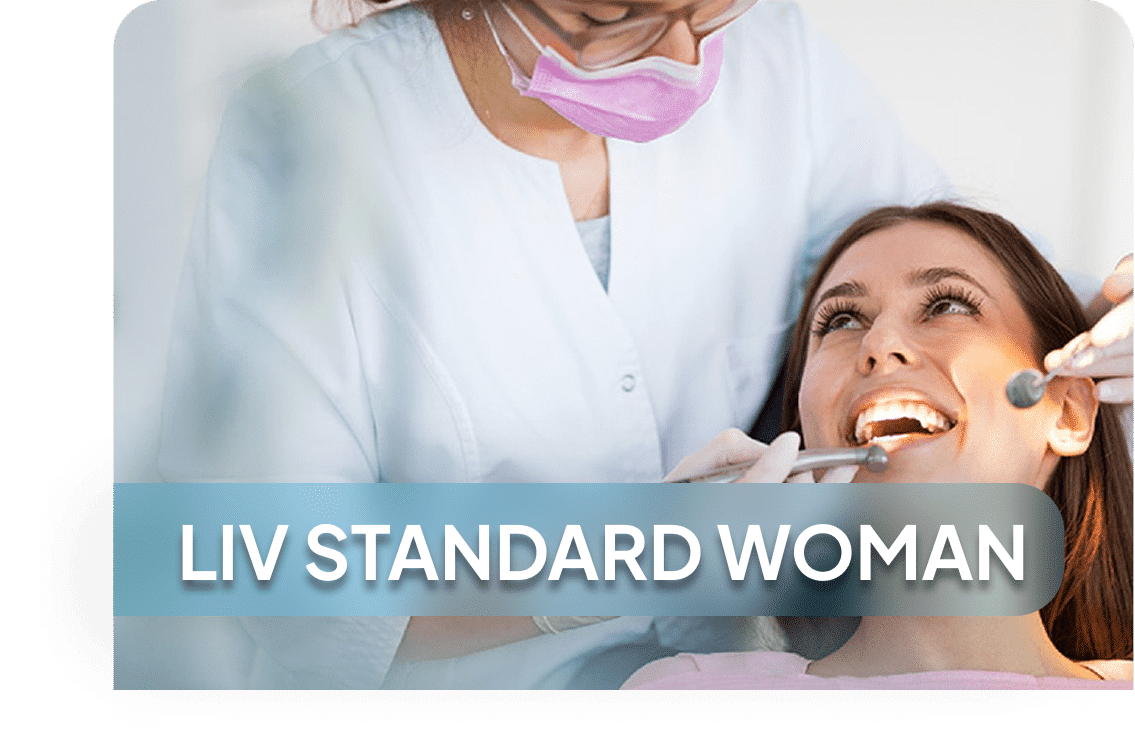


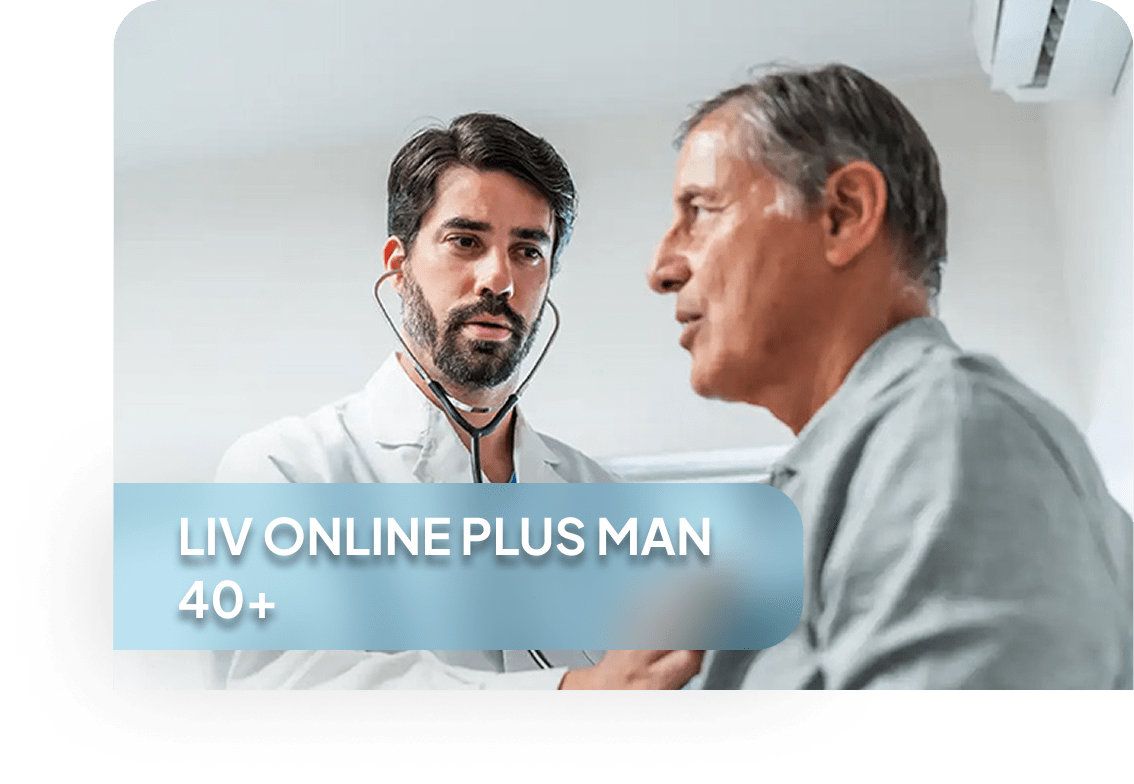







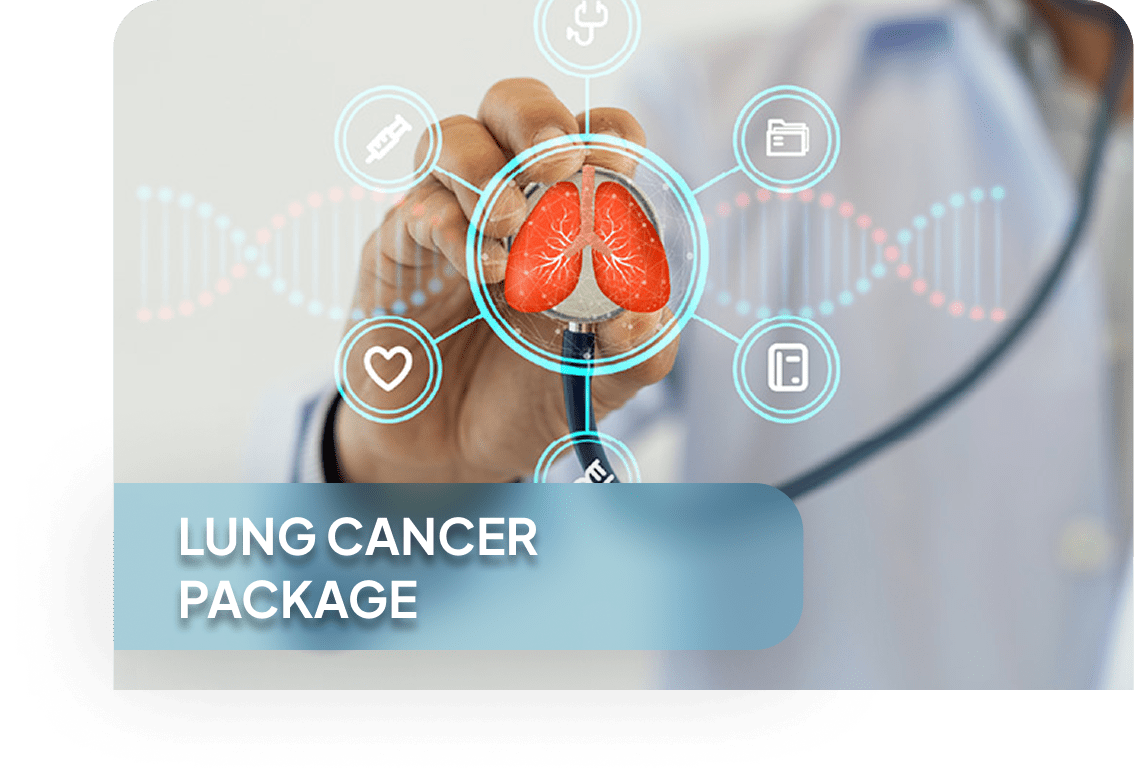








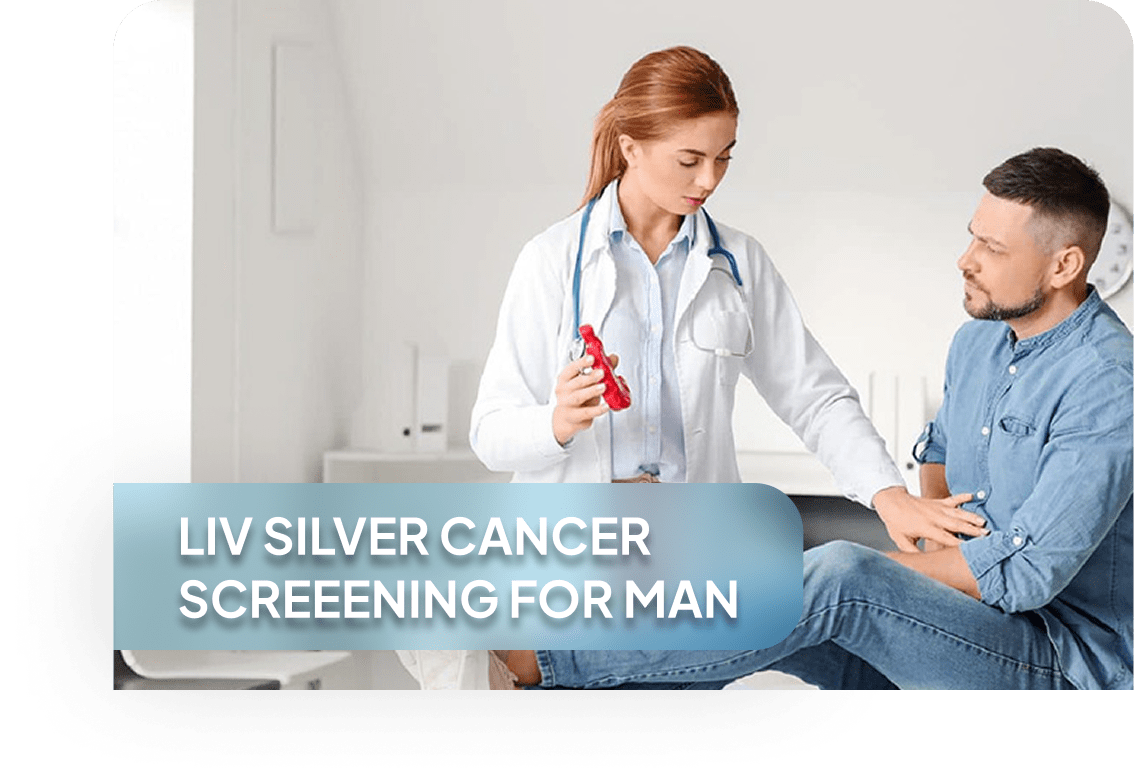


A medical check-up proactively screens your overall health, using blood tests and imaging to detect silent problems early and guide a healthier, longer life.
Overview and definition
In an era where modern medicine has shifted its focus from reactive treatment to proactive prevention, the medical check-up has emerged as the cornerstone of longevity and wellness. A check-up package is not merely a single test; it is a meticulously curated series of diagnostic screenings, laboratory analyses, and specialist consultations designed to provide a 360-degree view of an individual’s health. Unlike a standard doctor’s visit triggered by an illness, a check-up is performed on asymptomatic individuals to identify “silent” risk conditions that develop quietly over the years before manifesting as acute medical emergencies.
The Philosophy of Preventive Medicine
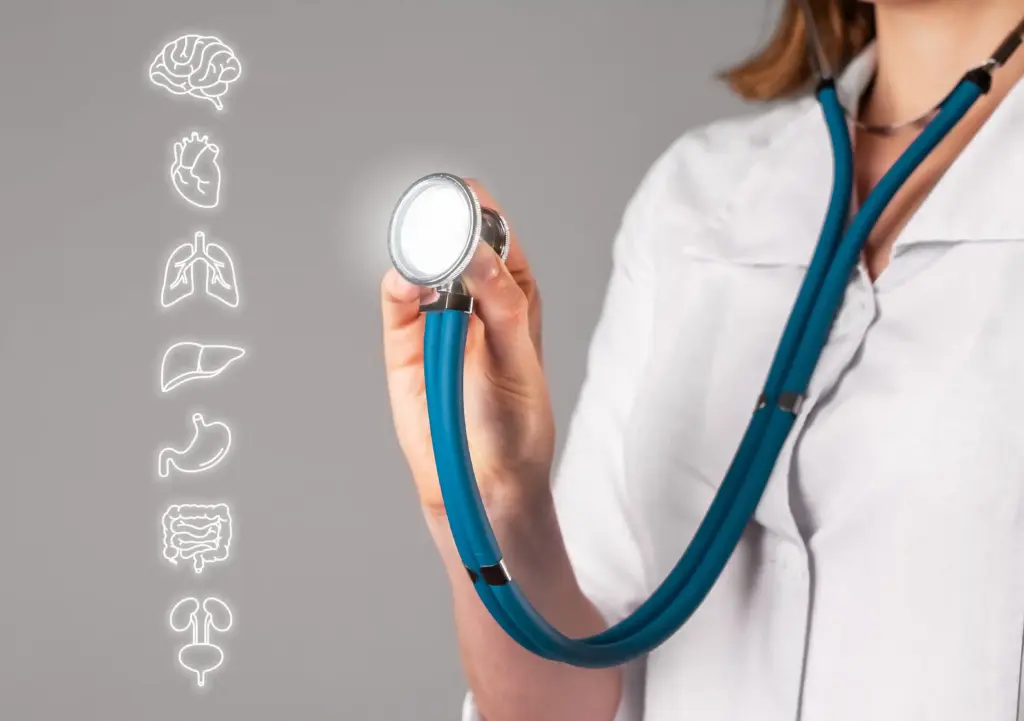
The core philosophy behind a check-up package is “early detection equals better protection.” Many of the most severe chronic conditions, including cardiovascular disease, diabetes, and certain cancers, develop gradually. By the time symptoms become visible, the disease may have already caused irreversible damage. A comprehensive check-up serves as a biological audit, establishing a baseline of your health data. This baseline allows physicians to track changes over time, spotting subtle deviations in blood chemistry or organ function that could indicate the onset of disease.
Anatomy of a Check-Up Package
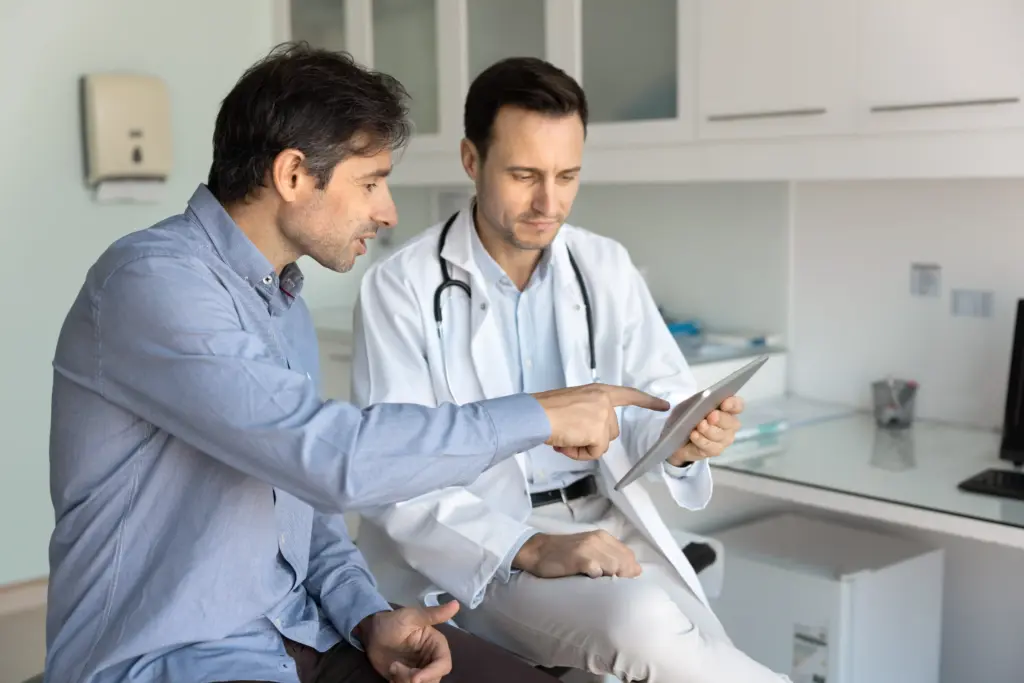
Standard check-up packages are often categorized by age, gender, and specific risk profiles to ensure relevance.
- The “Executive” or “VIP” Check-Up: Designed for busy professionals, these packages are exhaustive and efficient.
- Age-Specific Packages:
- Under 40
- Over 40
- Gender-Specific Packages:
- Women
- Men
The Value of a Personalized Approach
No two bodies are identical. While standardized packages provide a solid foundation, the best medical centers offer personalized check-ups. A “Check-Up Doctor” reviews your personal medical history, family genetic background, and lifestyle factors (smoking, stress, diet) before the screening begins. This allows for the addition of specific tests such as a low-dose lung CT for smokers or genetic screening for those with a family history of cancer, transforming a generic product into a tailored healthcare solution.
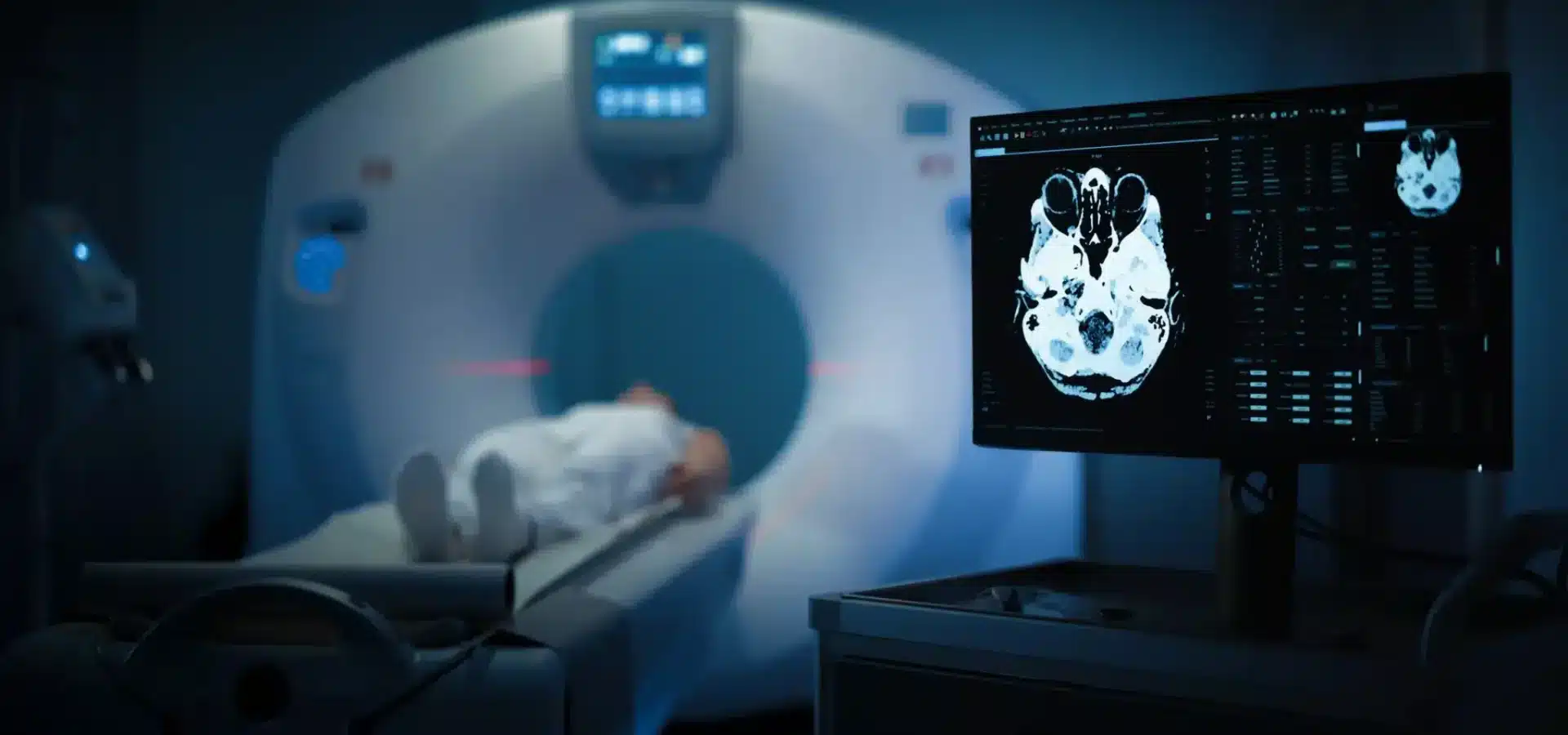
Risk Factors
It is a common misconception that one should only see a doctor when they feel “sick.” In the context of preventive health, the absence of symptoms does not equate to the absence of disease. This section explores the “silent” nature of many life-threatening conditions and the underlying risk factors that make check-ups essential.
Asymptomatic Progression
The primary “symptom” that necessitates a check-up is often silence. Many metabolic and systemic diseases operate below the threshold of physical sensation until they reach a critical stage.
- Hypertension (High Blood Pressure): Often called the “silent killer,” it damages arteries, the heart, and kidneys for years without causing a single headache or chest pain. A check-up is often the only way to detect it before a stroke occurs.
- Hyperlipidemia (High Cholesterol): Cholesterol plaque builds up in the arteries (atherosclerosis) without causing discomfort. The first “symptom” can sometimes be a massive heart attack.
- Prediabetes: Slightly elevated blood sugar levels damage nerves and blood vessels long before the classic symptoms of extreme thirst or fatigue appear.
- Early-Stage Cancer: Colon polyps, small breast lumps, or early lung nodules rarely cause pain or dysfunction. They are typically found only through proactive screening technologies included in check-up packages.
30
Years of
Excellence
Trusted Worldwide
Book a Free Certified Online Doctor Consultation
Table of Contents
We're Here to Help.
Get in Touch.
Send us all your questions or requests, and our expert team will assist you.

Evaluating Your Risk Profile
Understanding why you need a check-up involves analyzing the “causes” or risk factors that predispose you to illness.
- Genetic Inheritance: If your parents or siblings suffered from heart disease, diabetes, or cancer, your genetic blueprint may carry similar risks. A check-up investigates these genetic predispositions.
- Lifestyle Factors:
- Sedentary Life
- Dietary Habits
- Stress
- Substance Use
Environmental Factors: Living in areas with high pollution or working with hazardous materials increases the need for regular lung and skin screenings.
Recognizing Subtle Warning Signs
While major symptoms may be absent, a check-up doctor is trained to uncover subtle signs you might ignore:
- Unexplained fatigue or low energy in the afternoons.
- Minor changes in bowel habits or digestion.
- Slight shortness of breath when climbing stairs.
- Changes in skin texture, mole appearance, or hair loss.
- Persistent difficulty sleeping or waking up unrefreshed. These “micro-symptoms” are often the body’s early warning system, prompting targeted investigations during the check-up.
Check-Up Packages
We recognize that every individual’s health journey is unique. Therefore, we have moved beyond the “one-size-fits-all” approach to offer a diverse range of check-up packages. These are meticulously structured based on age, gender, lifestyle, and genetic risk factors to ensure that every test performed offers meaningful value to the patient.
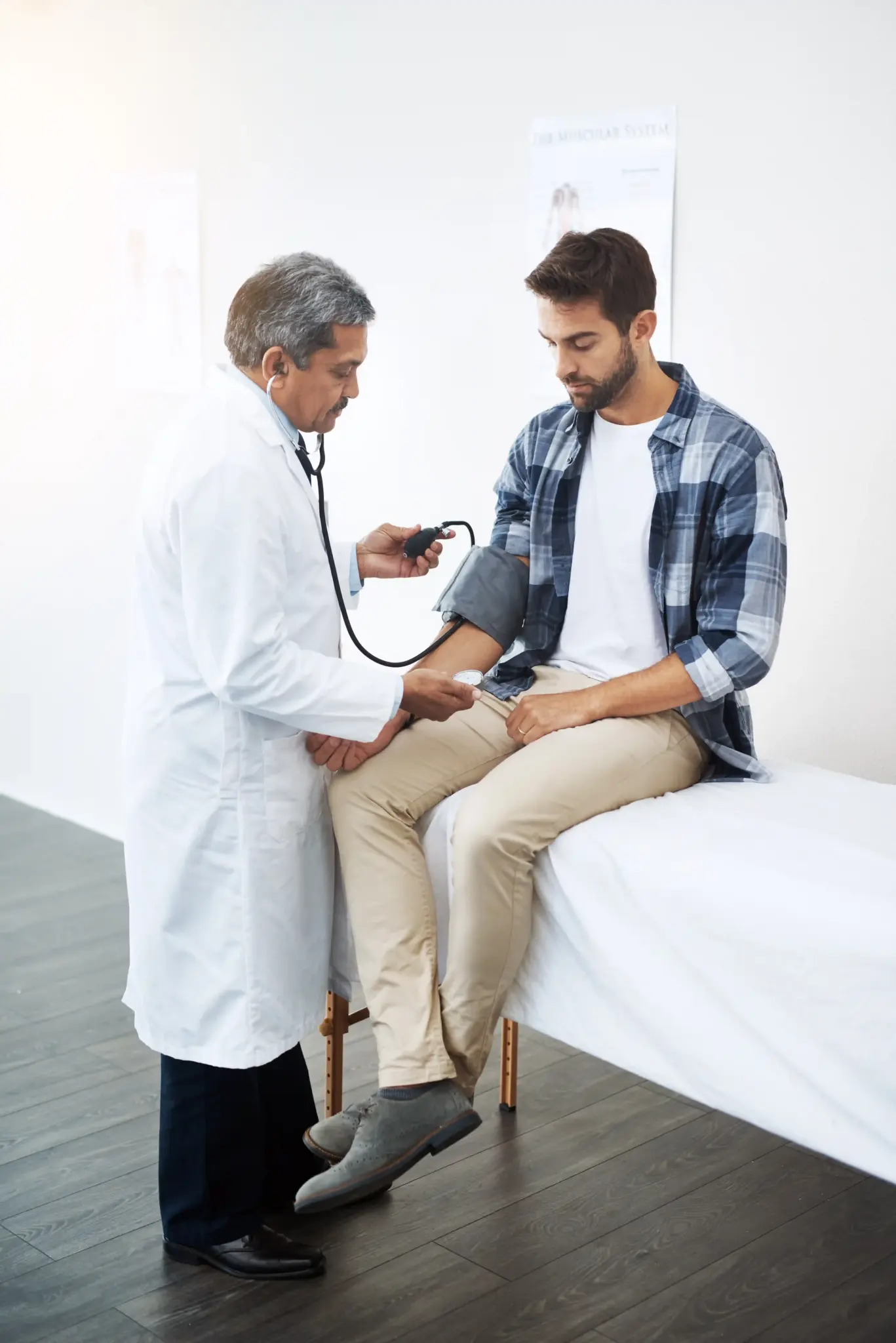
Standard Check-Up Packages
Designed for the general population, these packages serve as the essential annual health audit. They cover the fundamental indicators of health, including comprehensive blood counts, metabolic panels (sugar, cholesterol), liver and kidney function tests, and basic imaging such as a chest X-ray and abdominal ultrasound. This is the ideal starting point for individuals with no specific complaints who wish to maintain their wellbeing.
Executive & VIP Packages
For those requiring a more in-depth analysis and a premium experience, our VIP packages offer the pinnacle of preventive care. These comprehensive programs include:
- Advanced Imaging: Inclusion of MRI and detailed CT scans for a deeper look into internal organs.
- Extensive Cardiology: Advanced heart rhythm and stress assessments.
- Comfort & Privacy: Conducted in exclusive VIP lounges with dedicated assistants, ensuring the entire process is completed swiftly and comfortably, often within a few hours.
Gender-Specific Screening
Women’s Health Packages: These focus heavily on reproductive and hormonal health. Key inclusions are gynecological examinations, Pap smears, HPV screening, and age-appropriate breast imaging (Ultrasound or Mammography). For women over 45, bone mineral density tests are added to screen for osteoporosis.
Men’s Health Packages: Tailored to address male-specific risks, these packages prioritize prostate health (PSA levels and urological exams), testosterone levels, and a deeper focus on cardiovascular endurance and heart health.
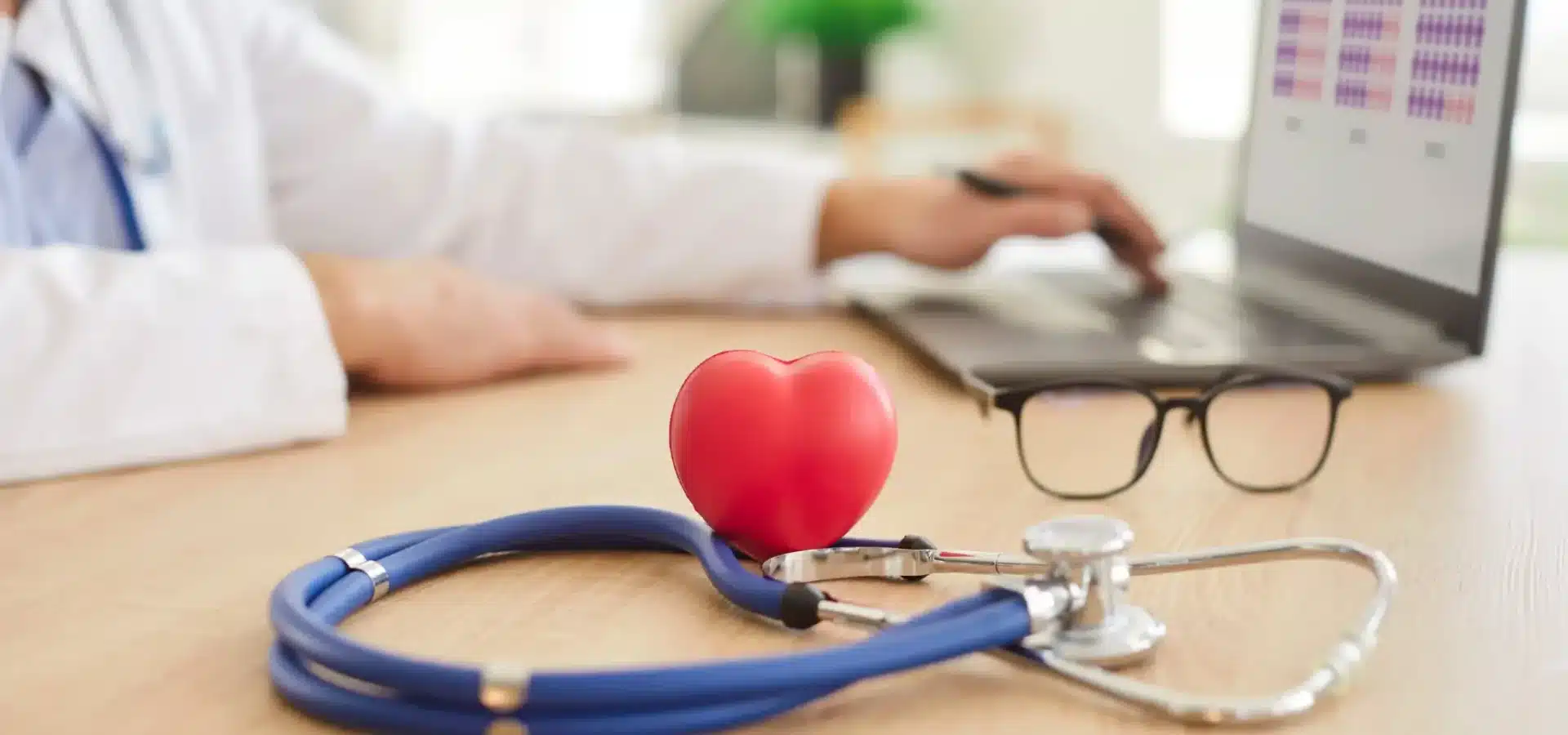
Specialized Risk Packages
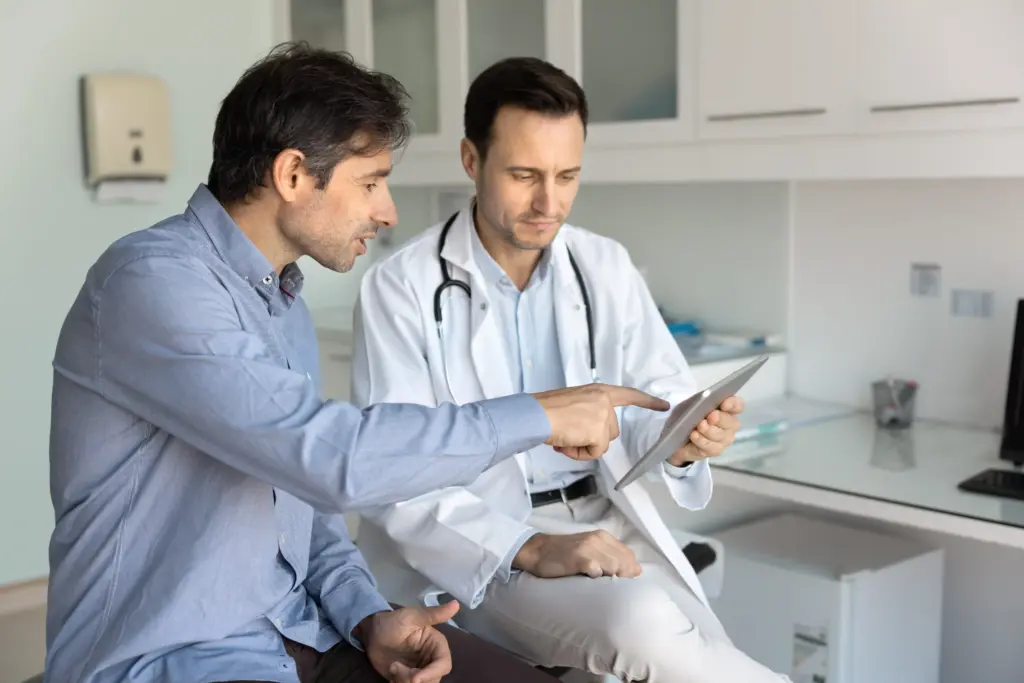
- Heart Health (Cardio) Package: For individuals with a family history of heart disease or high stress levels, focusing on coronary arteries and cardiac function.
- Oncology Screening: Designed for high-risk individuals, utilizing tumor markers and whole-body imaging to detect early signs of malignancy.
- Smoker’s Check-Up: Specifically targets lung health with Low-Dose CT scans and spirometry (breathing tests) to assess the impact of tobacco use.
- Child Check-Up: Focused on growth charts, pediatric preventive care, and eyesight/hearing development to ensure a healthy start to life.
Diagnostic Technologies
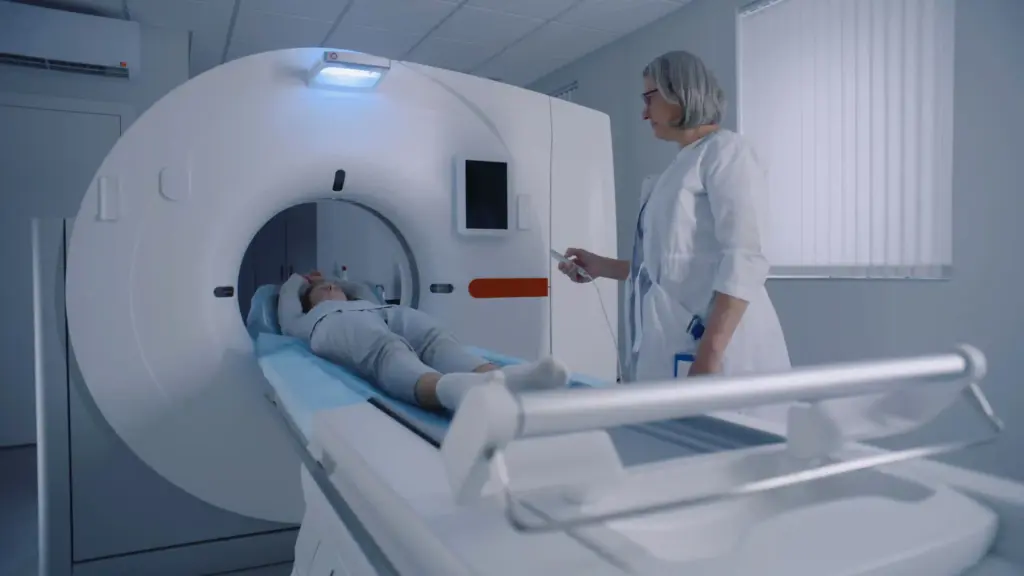
A comprehensive health assessment requires a dual approach: analyzing the body’s internal chemistry and visualizing its physical structure. Our check-up programs utilize a synergy of high-precision laboratory science and state-of-the-art radiological imaging to detect abnormalities that might otherwise remain invisible.
Laboratory Analysis: The Biochemical Blueprint
Before examining the organs physically, we analyze the “micro-chemistry” of your body through extensive blood and urine testing. These tests act as early warning systems for metabolic and systemic issues.
- Metabolic & Cardiac Markers: We assess Fasting Glucose and HbA1c to stage diabetes risk, alongside a detailed Lipid Profile (Cholesterol and Triglycerides) to calculate cardiovascular risk factors.
- Organ Function Tests: Liver enzymes (ALT, AST) and kidney function markers (Creatinine, Urea) are measured to ensure your body is effectively filtering toxins and processing nutrients.
- Complete Blood Count (CBC): A fundamental screening for anemia, infection, and immune system health.
- Tumor Markers & Hormones: Depending on the package, we screen for specific proteins (like PSA for prostate or CA-125 for ovaries) that may indicate malignancy, as well as thyroid hormones and vitamin levels (D, B12) essential for energy.
Radiological Imaging: Precision Visualization
Modern preventive medicine relies on the ability to see inside the body with clarity. We prioritize equipment that offers the highest image quality with the lowest possible radiation exposure to ensure patient safety.
Ultrasonography Ultrasound is often the first line of defense. It uses high-frequency sound waves to create radiation-free images of the abdomen (liver, gallbladder, pancreas, kidneys), thyroid gland, and pelvic organs. It is exceptionally effective at detecting stones, cysts, and masses.
Digital Mammography with 3D Tomosynthesis For breast health, we utilize advanced 3D Tomosynthesis. Unlike standard 2D mammography, this technique captures images from multiple angles to create a 3-dimensional reconstruction. This significantly improves the detection of invasive cancers in dense breast tissue and reduces false alarms.
The Medical Center
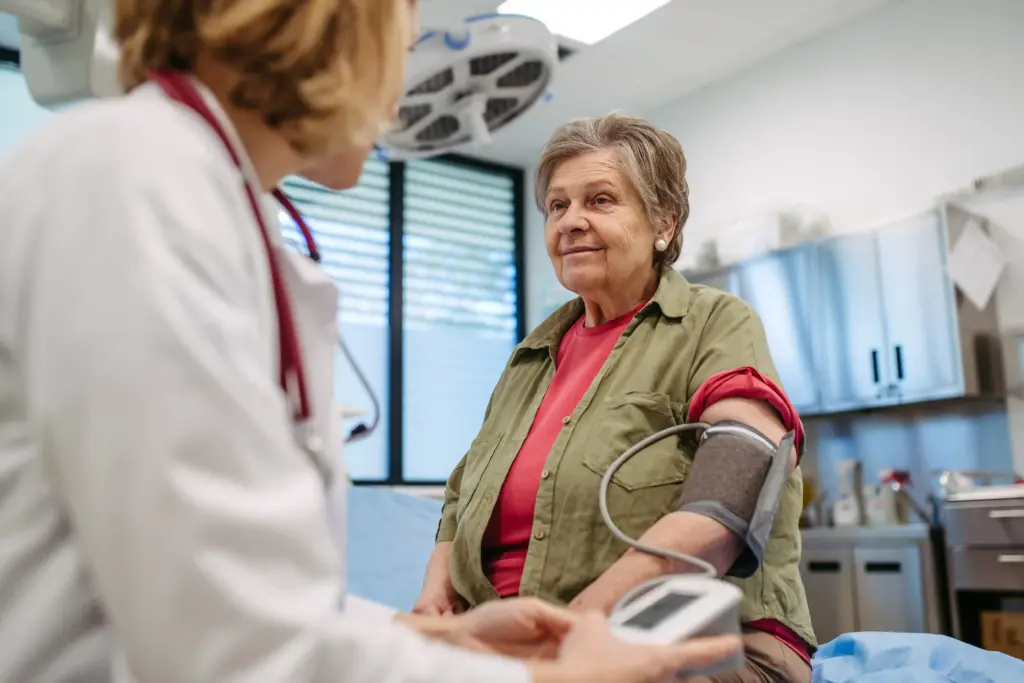
At Liv Hospital, we have reimagined the check-up experience. We understand that a health screening can be anxiety-inducing, which is why we have created a dedicated “Check-Up Center” that is physically separate from the sick patient wards. This VIP zone offers a serene, hotel-like atmosphere where your entire assessment from blood draw to doctor consultation takes place in privacy and comfort. Our goal is to make preventive health not just a medical necessity, but a seamless and dignified experience.
State-of-the-Art Diagnostic Fleet
Accuracy is non-negotiable. Our center is equipped with the latest diagnostic technology to detect even the most minor abnormalities.
- 3 Tesla MRI: Providing crystal-clear images of the brain and body with faster scan times and less noise.
- Dual-Source CT Scanners: Capable of capturing detailed images of the moving heart in a fraction of a second, with significantly reduced radiation doses.
- 3D Tomosynthesis Mammography: For our female patients, this advanced technology detects 41% more invasive breast cancers than conventional mammography while producing fewer false alarms.
- AI-Enhanced Analysis: We utilize artificial intelligence software to assist our radiologists in detecting subtle patterns in lung CTs and skin screenings, adding a second layer of precision to human expertise.
The Check-Up Approach
At Liv Hospital, your health is evaluated by a team, not just a single individual. Our Check-Up Department works in constant communication with our sub-specialists. If a complex issue arises during your screening, such as a suspicious heart rhythm a cardiologist from our Heart Center is immediately consulted to review the data. This multidisciplinary “safety net” ensures that you leave our center not just with data, but with a definitive, expert-reviewed plan for your future health.
30
Years of
Excellence
Trusted Worldwide
Book a Free Certified Online Doctor Consultation
Table of Contents
FREQUENTLY ASKED QUESTIONS
Oral health is often considered a “window” to the body’s well-being. The mouth is the entry point to the digestive and respiratory tracts. While most oral bacteria are harmless, poor hygiene can lead to an overgrowth of harmful bacteria and infections. These oral infections, particularly gum disease, have been linked to systemic conditions such as cardiovascular (heart) disease and diabetes.
You should schedule a consultation if you experience persistent symptoms, including tooth pain or sensitivity to hot and cold, swollen or bleeding gums when brushing, chronic bad breath, loose teeth, jaw clicking, or any mouth sore that does not heal.
- Gingivitis: The early, reversible stage of gum disease caused by plaque buildup. It makes gums red, swollen, and prone to bleeding.
Periodontitis: If gingivitis is untreated, it advances to periodontitis. In this stage, gums pull away from the teeth, forming deep pockets, and the bone supporting the teeth is destroyed, which can lead to tooth loss.
X-rays allow dentists to see issues that are invisible to the naked eye during a visual exam. They are essential for detecting cavities between teeth, assessing bone loss, identifying infections (such as abscesses) at the root, and detecting issues below the gumline.
Root canal therapy is a procedure used to save a badly infected or damaged tooth that might otherwise need to be extracted. The dentist removes the infected inner pulp of the tooth, cleans the canal carefully, and then seals it to prevent future infection.

RELATED NEWS
Pediatric Solid Tumors: The Most Common Malignancy in Childhood
Brain tumors are a big worry in kids' cancer care. They now lead to more
What are the five steps of screening? A Comprehensive Guide to Suicide Risk Assessment
Understanding suicide risk assessment is key in healthcare. The five steps of screening are vital
What’s the link between ADHD and sleep apnea?
Recent studies have found a strong link between ADHD and sleep apnea. These two conditions
What to do if a child has an obstructed airway?
When a child chokes, every second is critical. Airway obstruction is a serious condition. It






